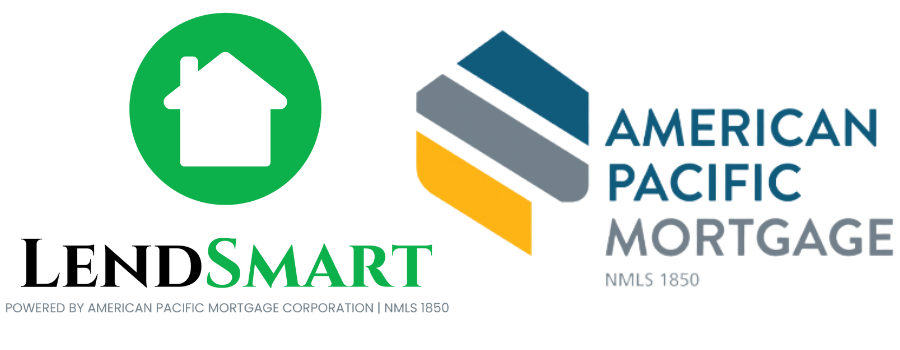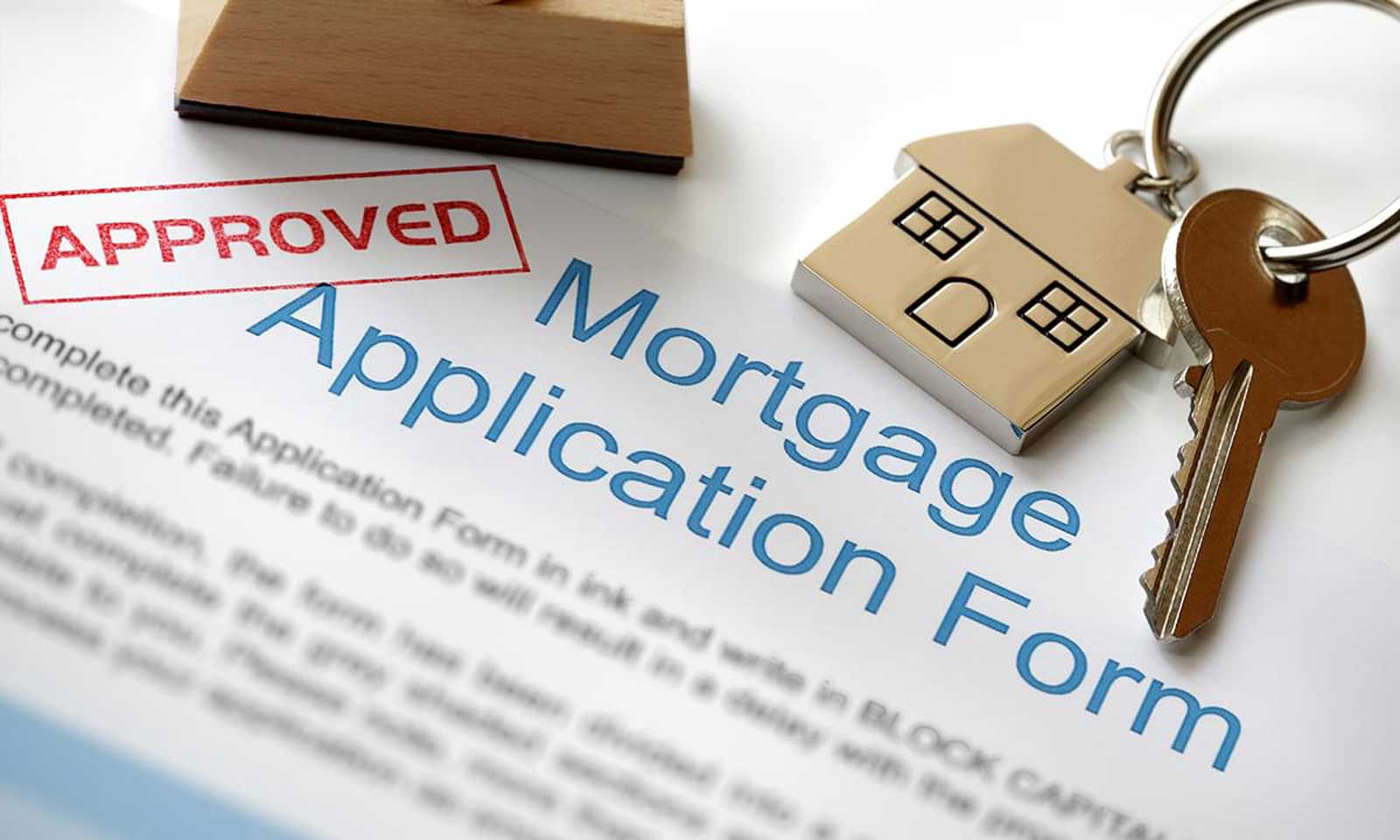If you are out looking for a home for the first time, then you must have come across the terms mortgage pre-approval and mortgage pre-qualification. At first, these terms may seem daunting and you might assume that they have the same meaning, but there are a few important differences between the two.
Mortgage Pre-Qualification
What is it?
Mortgage pre-qualification is the first step in buying your dream home, it is a quick estimate to see how much you can afford i.e. how much you can borrow, based on your financial status and credit score.
When is the best time to get a mortgage prequalification?
Mortgage pre-qualification is very simple- all you need to do is decide that you want to buy a house. After deciding, call a lender or visit their website and provide basic information, such as your annual income, approximate credit score, and current debt payments. The lender will then tell you the range of mortgages within your budget.
However, keep in mind that a mortgage prequalification is non-committal- it’s just a casual conversation between you and your lender, no documentation is done.
How much time does it take?
Prequalification is a quick process and can also be done online. In some cases, you get the results within an hour!
What information is required?
Information about the following will be needed:
- Income
- Credit check
- Basic information about bank accounts
- Down payment and desired mortgage amount
Mortgage Pre-Approval
What is it?
Mortgage pre-approval is a thorough investigation of your income, assets, credit history, rental history, and debts and will give you an idea of how much you can actually afford.
When is the best time to get a mortgage pre-approval?
The best time to get a mortgage pre-approval is when you’re ready to get a house. In fact, you can skip pre-qualification and go straight to pre-approval.
To get pre-approved for a mortgage, you will have to provide multiple documents to a lender, including:
- Last month’s pay stubs
- W-2 forms for the last 2 years
- Most recent statements for all the checking accounts
- Most recent statements for all the savings accounts
- Most recent statements for all retirement or investment accounts
- Business tax returns and personal tax returns for the last 2 years
Using this information, the lender will review your mortgage application, to see if you fit the mortgage eligibility criteria. If you get pre-approved for a mortgage, then you will get a pre-approval letter.
What is a pre-approval letter?
The pre-approval letter has your name and the lenders’ name on it. It states that the lender has looked over your information and determined that you are a good risk for a mortgage. Also, make sure that you have your non-occupying co-borrower (if any) pre-approved as well since everyone on the mortgage needs to be pre-approved.
The letter is necessary for several reasons:
- It is assurance for the seller that the buyer will actually buy the home
- It helps real estate agents get a correct focus
- It increases the chances of you getting a house
Causes of rejection
However, pre-approval does not mean that you will get the house. The rejection either comes from the appraisal or the home title work.
- Appraisals often see major problems, which go unnoticed otherwise, such as, structural damages.
- The title report is not easy to get either- it requires a bit of research and often highlights property issues or old unpaid payments.
- The lender may also change the criteria for getting a loan after the pre-approval
- Missing debt payments and changing jobs lead to rejection as well.
How much time does it take?
A mortgage pre-approval takes more time than a mortgage pre-qualification. Normally, you’ll get the pre-approval decision within 10 working days. The process can get delayed if you have a low credit score or lots of debt.
Do mortgage pre-approvals expire?
Yes, they typically expire within 60 to 90 days of issuance.
Comparison between Mortgage Pre-approval and Pre-qualification
| Similarities | Differences |
| Neither one guarantees a mortgage | Pre-qualifications give you an estimate of what you can borrow while pre-approvals tell you what you can actually borrow |
| Both let you know how much a mortgage lender will allow | Pre-approval requires documentation while pre-qualification doesn’t |
| Both don’t obligate you to get a mortgage from the lender who prequalified or preapproved you | Pre-approval requires a credit history check, pre-qualification doesn’t. |
Which is right for me?
For first time home-buyers, a pre-qualification is better as it will tell you the approximate price range and the corresponding house payment.
If you are sure you want to buy a house, then go for a pre-approval, especially in a competitive market. It will increase your credibility and the chances of getting a house. A pre-qualification does not hold much weight in this case.





